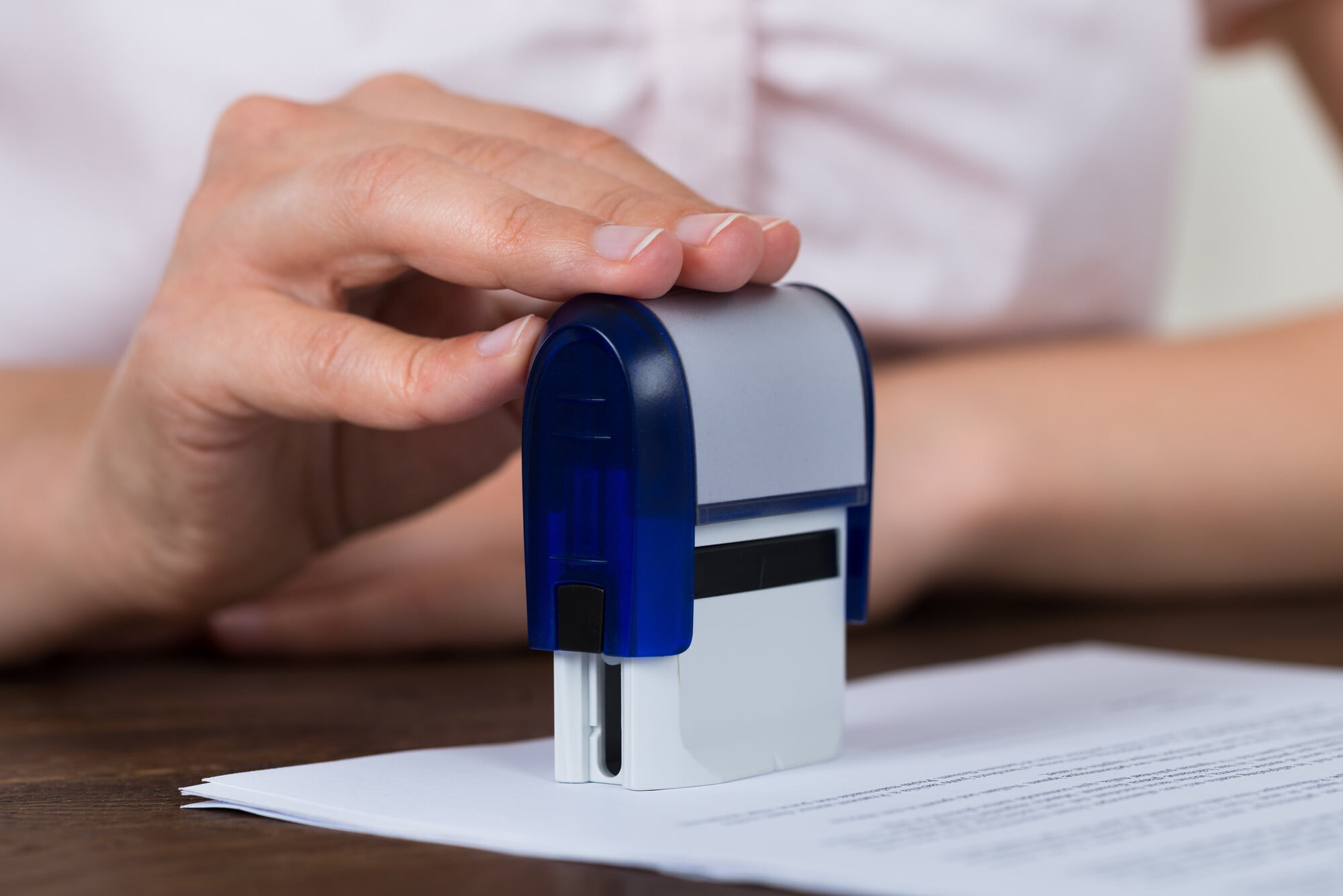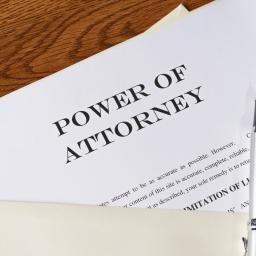
You can not notarize any document, only certain documents can be notarized in Massachusetts, and when they do, you must meet certain requirements to comply with the state laws. First, you need to know that the history of the Notary Service evolves around identity theft reduction and validating a signature and a signer’s identity. The notary agent is appointed by the governor of the state and undergoes an application process that is a long vetting process. Once you become a notary, you can conduct Signature witnesses, oath administration, I-9 Employment verification, and authenticated copies of legal documents.

In order to notarize a document in Massachusetts, the individual must be a notary public in the state. To become a notary public, the individual must be at least 18 years of age and a resident of Massachusetts. The notary public must also pass an examination given by the state. Once the notary public is appointed, they must follow the notary public code of ethics. This includes properly identifying the signer, verifying their identity, and witnessing their signature.
For a document to be notarized in Massachusetts, it must have a notarial certificate attached, which includes:
- the notary’s name.
- the date of issuance.
- the county was issued.
- an identification number.
- an expiration date (if any).
- a statement that the signer appears before him/her either personally or by his/her authorized agent and that the individual acknowledged to the notary that s/he signed the document freely and voluntarily.
- the notary’s signature.
- the notary’s seal or stamp (if any).

Of course, notaries public will not notarize documents that are not valid under Massachusetts law. For a document to be notarized, the notary must know what state the document comes from and whether it is valid under Massachusetts law. This includes making sure all documents have a notarial certificate attached. For example, a power of attorney must come from a separate paper if it’s written in a different state than where the person who needs the power of attorney lives, since it won’t be given any legal authority in Massachusetts. Likewise, affidavits that are required by another jurisdiction to authorize the performance of an act within that jurisdiction cannot be acknowledged as compliant with those requirements, nor can they constitute such authorization (Massachusetts notaries are not allowed to notarize any legal document that would not be valid in Massachusetts, nor can they notarize an affidavit that would not be authorized by Massachusetts law).
While many notaries public are dedicated to helping people with their documents, some notaries may charge a fee for their service. For example, when notarizing deeds in the city of Boston, notaries are required to collect a recording fee from the person whose name is listed on the deed (this is why many people go through real estate agents unless they’re buying or selling a property without assistance). While there are no laws against asking for fees, it’s possible for both parties in transactions involving deeds and other legal instruments to agree on mutually acceptable fees that don’t exceed the notary’s usual rate. However, notaries cannot charge for notarizing documents that are not recorded.
If you have legal documents that need to be notarized or if you’re looking to become a notary public, then it may be time to contact one of the many notary services available on hiremobilenotary.com. You can also search for notaries in your local area. If you’re new to notarizing documents.
who is a notary public
In Massachusetts, notarization is a formal certification that a signer’s signature on a document was witnessed by the Notary Public. Notaries also certify that, at the time of notarization, the notary public observed the signer execute the instrument with a full understanding of its contents. In general, notarial acts may be performed wherever notaries are appointed and commissioned to practice their profession. In Massachusetts, many notaries are employed in Secretary of State offices located throughout the state, as well as banks and other financial institutions. There is only one exception: a notarized will may not be probated without an attested or sworn oath from another notary public stating that you appeared to them for this purpose, unless local rules require notarization of the oath.
Notaries are appointed by the Secretary of the Commonwealth to serve for a term of six years or four three-year terms, commencing on December 31st. However, notaries may be reappointed at the discretion of the secretary. Notary Public appointments, fees, and Notarial Acts are recorded in records open to public inspection at locations throughout the state. To find out more information about Notary Public, you can check online with the Massachusetts Notary Public Division or go directly to their offices located in different cities within the state.












